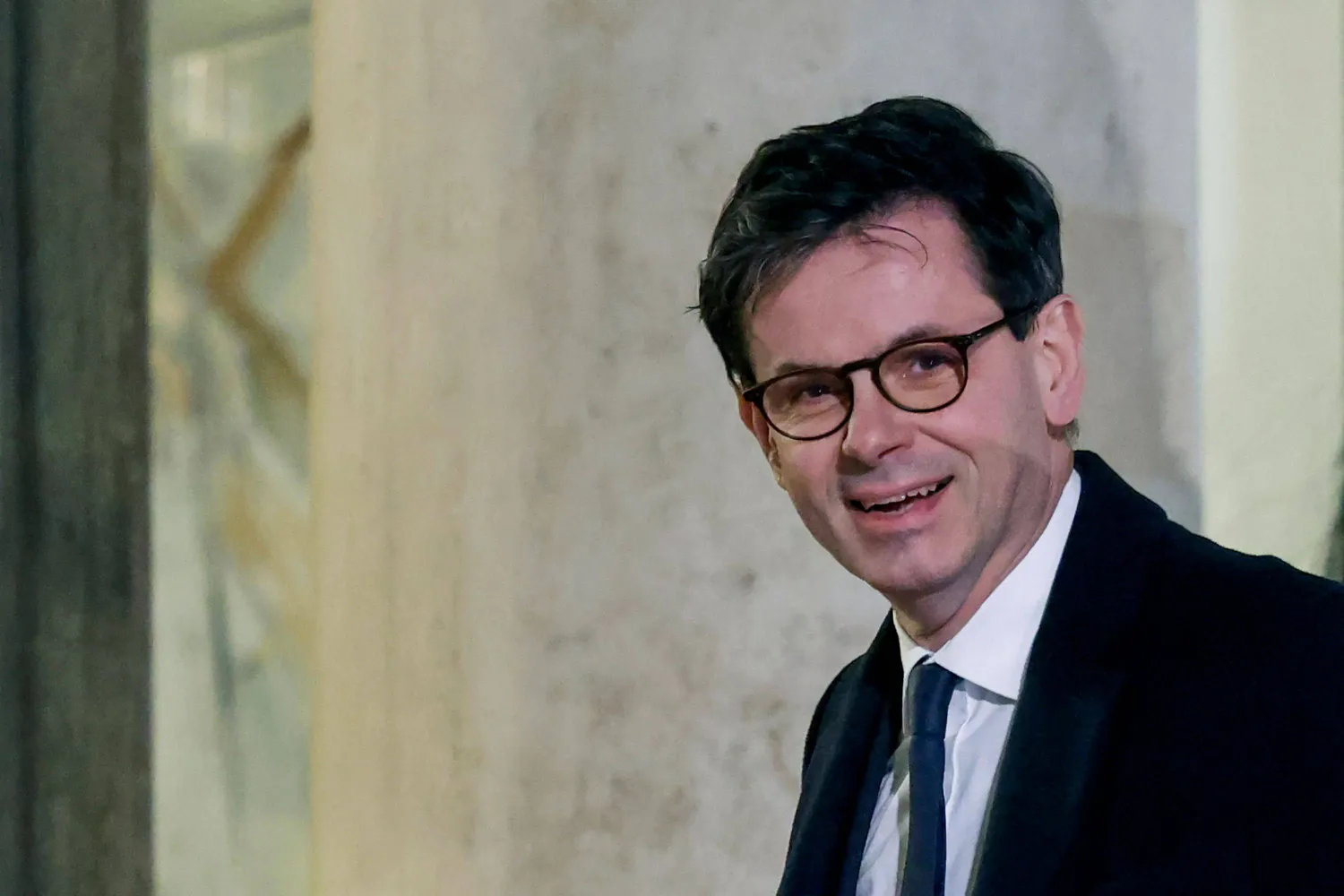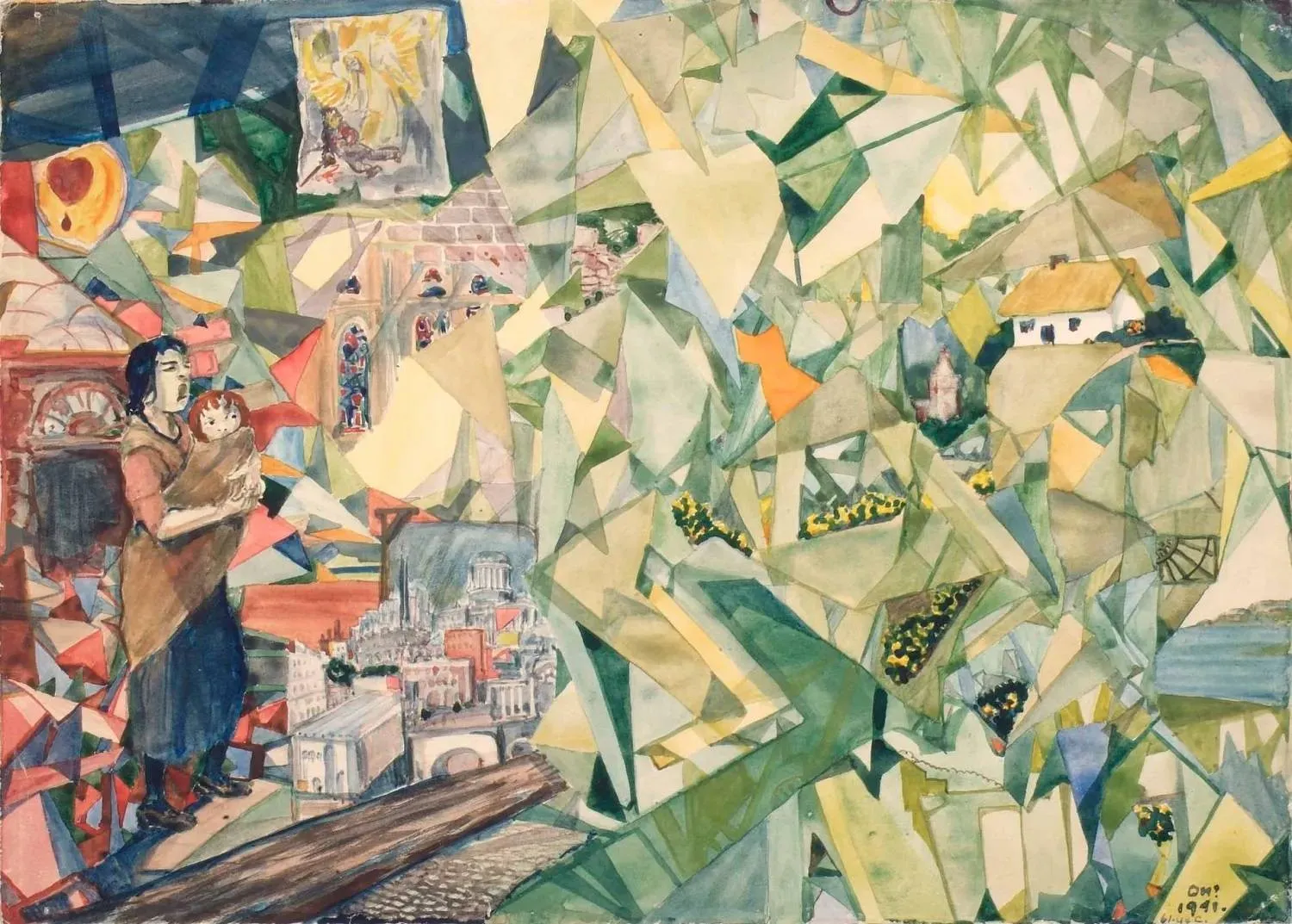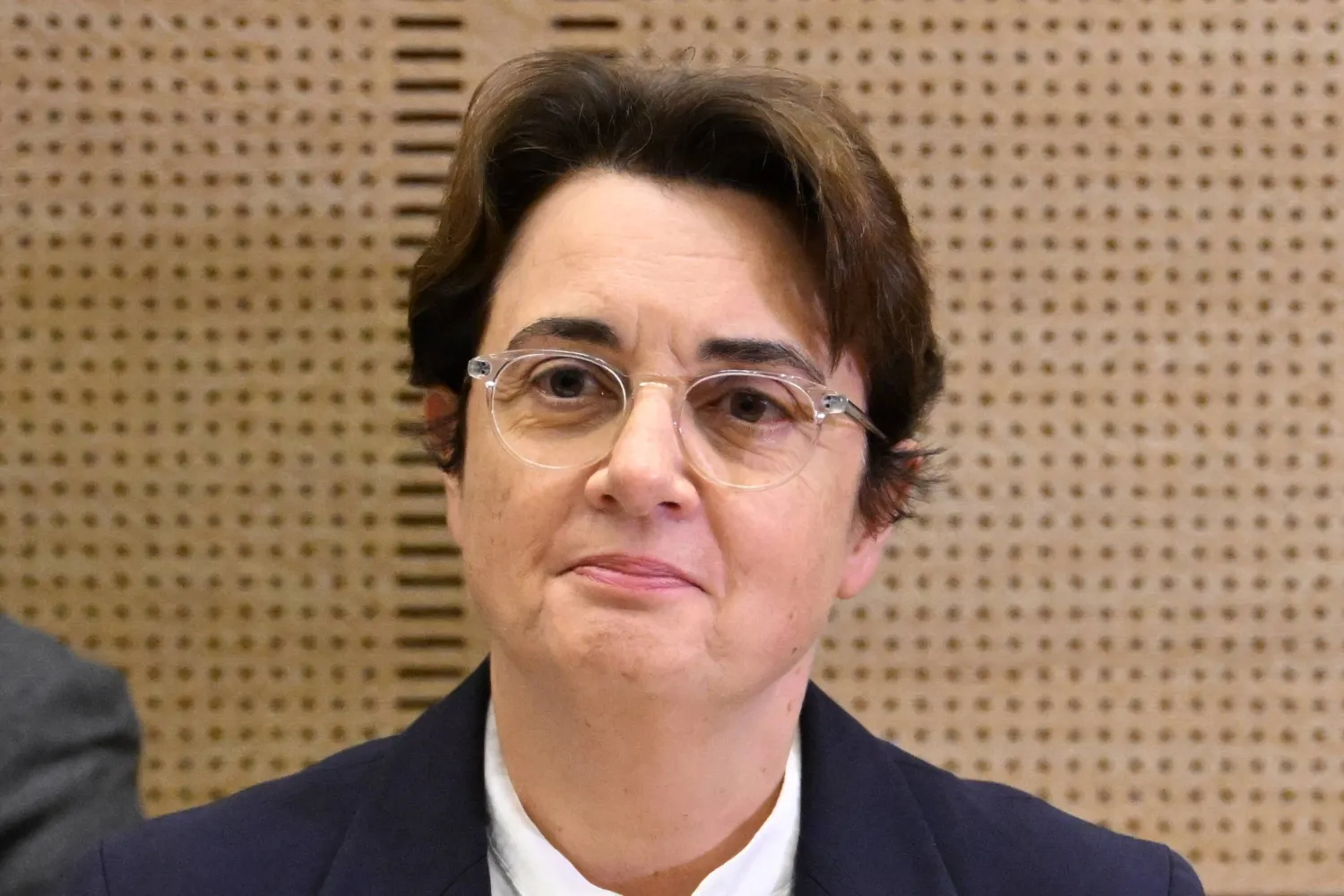From a bronze Rodin sculpture of Eve outside a Nando’s in Harlow to more than 6,000 artworks by JMW Turner, to a crumpled-up piece of A4 paper owned by Manchester Art Gallery, the UK’s public art collection is a wonderful and varied thing.
It is huge, as demonstrated by the charity Art UK, which has announced it has reached a million artworks on its database and appointed a new chair who said: “We’ve only scratched the surface,” according to The Guardian.
Ben Terrett, a former director of design for the UK government, has been announced as the new chair of a charity that is celebrating its 10th anniversary.
Art UK began with a mission to digitally catalogue the UK’s paintings. Over the years that has been expanded to include drawings, watercolors, ceramics, sculptures, stained glass, banners, architectural drawings and street murals.
It is a huge, encyclopedic, fun resource, which lends itself to going down any number of rabbit holes. Type in the word “mosquito”, for example, and you discover 53 listings, from large technical drawings of actual mosquitoes, to paintings of de Havilland Mosquito planes from the second world war, to a sculpture in a North Yorkshire forest celebrating the Women’s Timber Corps – lumberjills – who felled and sawed the wood used to make the planes.
Or search Martin Creed, the artist who won the Turner prize for a work where the lights in a room go on and off, and you find 24 of his works in public collections, including his crumpled-up ball of paper in Manchester.
The database is an incredible resource that should be so much better known, Terrett said. “It’s a great thing,” he said. “It is one of those ideas that you’re really glad it exists because if it didn’t, you’d think somebody should do that.
“One of my jobs as chair is to help raise that profile, because probably not enough people hear about it. It’s digitizing all the public artworks in the UK and there’s a really obvious side to that, which is the Tate and places like that,” he added.
“But there’s loads of other places like hospitals and council buildings ... places like that are public and have incredible artworks in them that people don’t get to see or don’t know exist,” he noted.
The database, Terrett said, shines light on just how many artworks are never seen because they are in storage.
Terrett, who was made a CBE by the king last week, led the design team that launched gov.uk and is the CEO and co-founder of the consultancy Public Digital.
He said his childhood experiences had fed his passion for widening access to the arts and design.
“I grew up in a small village in Wiltshire,” he said. “There weren’t museums, there weren’t art galleries and getting access to that kind of stuff was really difficult. I went to a comprehensive school with a great art teacher and a great art department, but you very much had to push yourself to find out more about this stuff.”
He believes it is even harder for children today: “Creative education in state schools has been decimated.”
There is also evidence that interacting with the database encourages people to visit galleries in person.
Recent additions to the database, which helped it towards the million figure, include a 1951 stencil by Henri Matisse at the University of Lancaster; a Gwen John flower painting at National Museum Cardiff; a Venice canal painting by Mary Hagarty at the Victoria Art Gallery in Bath; and a portrait titled “Reverie” by David Foggie at the University of Dundee.
The board of Art UK said it was looking forward to Terrett’s fresh thinking and insights to help it “reach new audiences, embrace new technologies and creative opportunities, build its income base, its international profile and its following.”
Terrett said he remained convinced the internet was a force for good. “It’s hard to believe that these days. It’s hard to hold on to that belief. But it still is. I think in the world it’s still a net positive. And this is just a really nice example of where the internet really is doing good,” he added.









